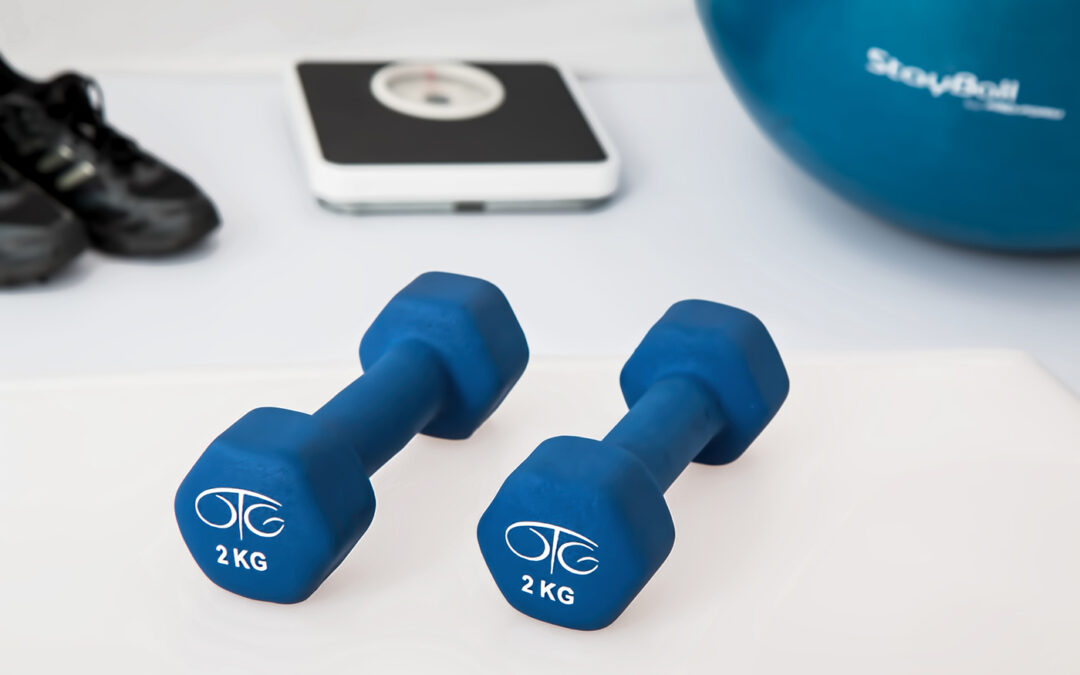


Turning to food to alleviate stress or for comfort is a common problem. Unfortunately, using food to pacify our emotions rarely makes us feel better. We can get caught up in a vicious cycle of trying to fill our emotional needs with food, which leaves us feeling unsatisfied, powerless, guilty, and ashamed. The first step in breaking the cycle is to recognize the difference between physical and emotional hunger. Emotional hunger comes on quickly, craves certain foods, and doesn’t go away after your belly is full. It can also trigger negative feelings. Physical hunger is a gradual feeling that goes away when you are full, and doesn’t care what you eat. Next step is to keep a journal to find out what your triggers are. Do you eat because you are bored and feel empty, stressed out, or sad? Once you understand what emotions you are trying to comfort, you can work on fulfilling them in other ways. If you feel the urge to pacify your feelings with food, try exercising instead of eating. Exercise releases endorphins and can have a positive impact on your emotional state, as well as your health.
via Karyn Bender RPh...
